Social Movements, Media, and Social Change: Looking Back at the Gezi Uprisings
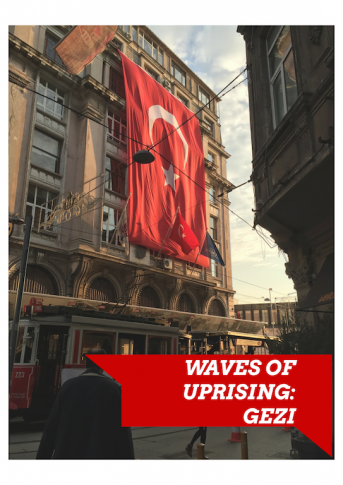
“In recent years, all around the world, albeit in different ways, we have been experiencing the simultaneous crisis of neoliberal politics, severe measures taken against the crisis, and the growing authoritarian regime of many governments. Ecological destruction, the privilege of capital over the interests of cities, and economic crises affect people in many regions of the world in a similar manner. However, as the rates of oppression and extortion increase, we see that the waves of uprising in the world have also started to rise at the same level.”
In this way, Zeyno Pekünlü started her presentation during the recent seminar at the Swedish Research Institute in Istanbul. Zeyno Pekünlü, a teacher of arts, was an activist during the Gezi uprisings, and continues to be an activist in social movements in Istanbul. Th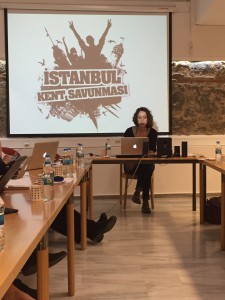 e May seminar she spoke at was organized by MICS, a Swedish funded research network for studies on Migration, Identity, Communication, and Security. The seminar program was organized by Thomas Tufte and Oscar Hemer, in collaboration with Hans-Åke Persson from MICS. Ørecomm participants included Sofia Hafdell, Erliza Lopez, Marco Zoppi and Ronald Stade.
e May seminar she spoke at was organized by MICS, a Swedish funded research network for studies on Migration, Identity, Communication, and Security. The seminar program was organized by Thomas Tufte and Oscar Hemer, in collaboration with Hans-Åke Persson from MICS. Ørecomm participants included Sofia Hafdell, Erliza Lopez, Marco Zoppi and Ronald Stade.
The seminar assembled 25 researchers, activists, journalists and students from a broad interdisciplinary field of the social sciences and humanities with the aim to explore the phenomenon of the Gezi uprisings, putting a particular emphasis on what changes they had led to in the Turkish society. We had political scientists, artists, lawyers, media and communication scholars, anthropologists, human rights scholars and activists all delivering their interpretation of what happened during Gezi and beyond.
The seminar was organized in three sections. Firstly, we critically assessed the government strategies and responses to the uprisings. Here, we addressed issues such as: What were the government’s rhetorical strategies during the uprising; how can their use of violence be interpreted; and what forms of government control were seen. Secondly, we explored the strategies of resistance that were unfolded during the uprising: was Gezi to be seen as a moment of transgression? How could the uprising be interpreted vis-à-vis historical state-citizen relations in Turkey? What exactly was the ‘Gezi spirit’ and in which ways, if at all, did it translate into social change? Finally, we zoomed in on the role of media and communication in the uprisings. Issues here included the exploration of the role of Twitter in the uprisings with a quick introduction to the political economy of journalism in Turkey; an exploration of the potential of social media as alternative media in the uprising and an analysis of the dramaturgy of the social change as it unfolded in uprisings as Gezi.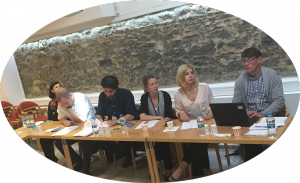
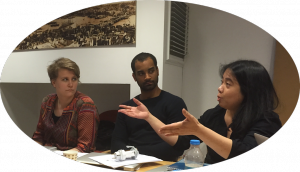
Overall, we had two very intense days. The interdisciplinarity of the group and the generally deep knowledge and expertise demonstrated there resulted in very insightful discussions for the few of us that weren’t Turkey experts. The seminar was important in the sense that it gave a rare opportunity – both for activists deeply embedded in the change processes, as well as to scholars researching the same processes – to assemble and reflect upon such intense movements and moments of citizen upheaval. Our focus on analyzing the role of media and communication in these processes of change was particularly enriching to the field of communication for development, which in these years is gaining a strong impetus from exactly these sorts of social movements and uprisings. Now, upon return, we are working to pull the presentations together in a joint publication.
 New PhD opportunities at the University of Leicester
New PhD opportunities at the University of Leicester Call for Abstracts: New Directions in Media, Communication and Sociology (NDiMS) Conference
Call for Abstracts: New Directions in Media, Communication and Sociology (NDiMS) Conference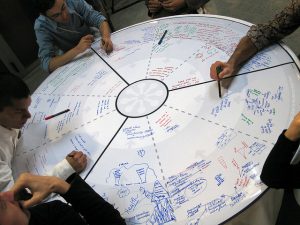 Ørecomm Team to Gather at the University of Coimbra
Ørecomm Team to Gather at the University of Coimbra “Communication and Social Change – A Citizen Perspective” Published
“Communication and Social Change – A Citizen Perspective” Published C4D Network to Sum Up Global Communication for Development Practice
C4D Network to Sum Up Global Communication for Development Practice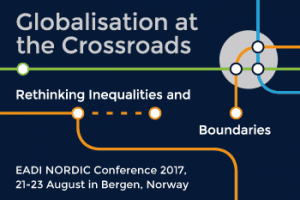 Entering Media and Communication into Development Conferences?
Entering Media and Communication into Development Conferences?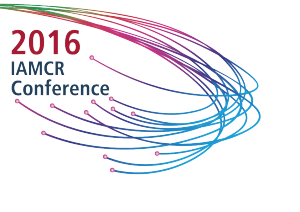 IAMCR Conference 2016: Communication for Development Highlights
IAMCR Conference 2016: Communication for Development Highlights Glocal Classroom Revisited – Storytelling & Social Change Leicester-Malmö
Glocal Classroom Revisited – Storytelling & Social Change Leicester-Malmö I EvalComDev International Conference: Call for Papers
I EvalComDev International Conference: Call for Papers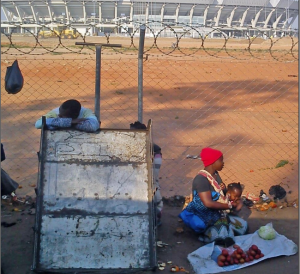 Looking for Media and Communication in Development Conferences: Devres 2016
Looking for Media and Communication in Development Conferences: Devres 2016